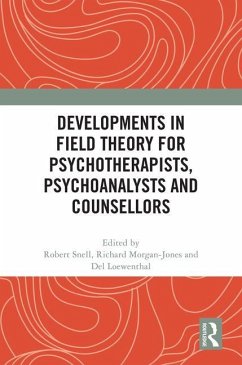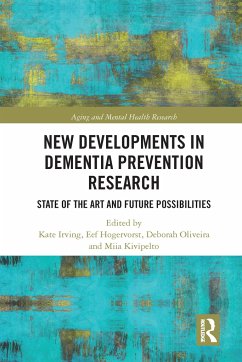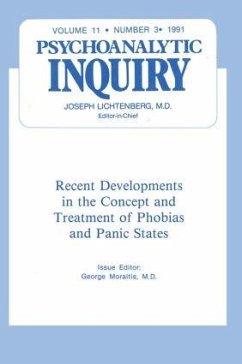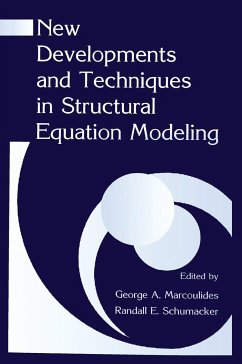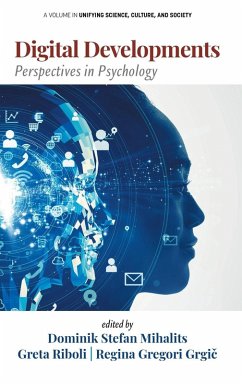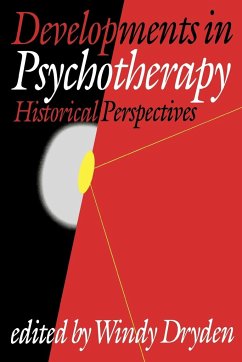
Developments in Qualitative Psychotherapy Research
Versandkostenfrei!
Versandfertig in 1-2 Wochen
159,99 €
inkl. MwSt.
Weitere Ausgaben:

PAYBACK Punkte
80 °P sammeln!
This book reflects the diversity that characterizes the developing field of qualitative psychotherapy research, presenting practice-based research carried out in different clinical settings, from different perspectives, and in different sociocultural contexts. The wide range of research projects provide developments in counselling and psychotherapy qualitative research approaches, and are further critiqued in chapters written by key practitioners in the field of qualitative research. This book was originally published as a special issue of the European Journal of Psychotherapy & Counselling.






